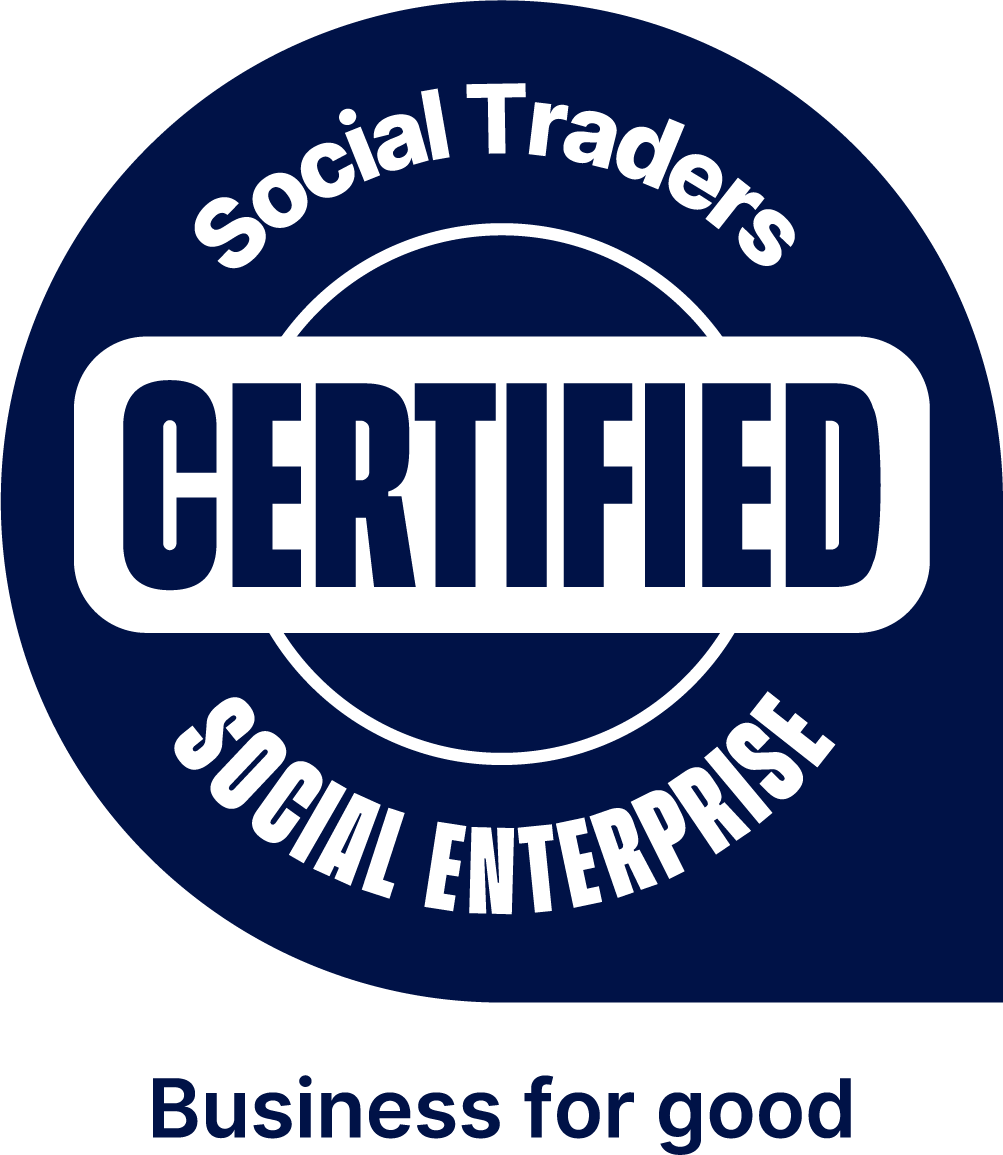In Singapore’s highly competitive trade-based economy, employees are an indispensable resource. And yet, despite their contribution to Singapore’s status as an economic powerhouse, local workers are far from happy. When asked to rate their job satisfaction in a 2016 survey, Singaporean employees recorded an average score of just 5.09 out of 10.
Part of the solution to a multi-faceted problem like this may be empowerment. In addition to boosting business growth, giving employees the tools they need to do their jobs properly is key to reducing work-related frustrations.
What does empowerment mean in the context of the workplace?
The literal definition of empower is ‘to give power to’. In corporate environments, empowerment is essentially a strategy designed to provide employees with the resources they need to develop confidence and capabilities.
When used as a long-term approach, empowerment can lead to significant changes in workplace culture. It breeds confidence and self-sufficiency, allowing for improved levels of productivity and loyalty amongst employees.
Empowerment and leadership
Far from being just a buzzword, empowerment has become an essential feature of effective teams. To combat Singapore’s skyrocketing rates of job dissatisfaction, knowing what it takes to empower employees needs to be considered a vital leadership skill.
In a study examining the kind of traits Singaporeans look for in their leaders, 61% of respondents believed “the ability to unite the team under a shared vision of success” as the most important quality in their management team. In other words, workers seek out leaders who can make them feel empowered. Giving employees more power may seem like a scary concept to some managers, but this strategy can help make the most of your team’s potential.
Characteristics that tend to signal an employer who is also an effective leader are:
- Encouraging open communication
- Recognising improvements in performance
- Trusting employees to try new things and take risks
- Clearly defining employees’ roles and objectives
- A willingness to accept accountability
- Providing opportunities for professional development.
The benefits of empowerment
So why give employees the tools they need to do their jobs on their own? It’s simple.
Improved Productivity
Research has found employees are more productive at work when they are trusted and given the ability to grow. Rather than trying to drive business growth through creating a culture of fear, enabling workers to feel self-assured is a far more effective strategy. Aside from making your business a pleasant place to work, empowering your employees can fuel business growth.
When employees are given the tools they need to succeed in their roles, you can expect a few direct benefits. These may include:
- Employees are less prone to stress-related health issues
- People are easier to work with
- Each person strives to do their best work every day
- Everyone is eager to share ideas with managers
- There are higher levels of engagement
- A reduction in turnover rates.
Employee Satisfaction
In Singapore’s ultra-competitive economy, employee satisfaction is essential. However, according to a survey of 1,400 professionals across Singapore, Hong Kong and China, 1 in 4 Singaporeans say their leaders are incapable of connecting with them on a personal and emotional level. This statistic demonstrates a disconnect between workers and managers in Singaporean business culture, and lack of empowerment can be one reason for that.
The concept of giving workers more control over their own roles encourages positive employee attitudes without diminishing the authority of leadership roles. Empowered employees simply feel more in control of their careers, and the assurance of credit where credit is due often serves as a motivator and instigator of ‘out of the box’ thinking.
For example, if an employee has to get approval for every minor decision, they may start to lack confidence in their own abilities. Trusting employees to make decisions within the scope of their position is an effective management tactic, and can result in them feeling more respected – and can take a portion of work off your own shoulders.
Faster Skill Development
Some managers are wary of letting employees upskill or cross skill on the business dollar. That reluctance may come from concern that employees will take advantage of systems that encourage self-training, or it may come from a fear that once trained, employees will leave for greener pastures. It’s important to remember though, that skilled employees are a great asset to your business, and when you give employees the freedom they need to thrive and develop, your business becomes the greener pasture – offering time to upskill is a great way to attract and keep talent.
How to Empower Employees
Implementing policies that support workers’ autonomy may be difficult, depending on the existing culture in your workplace. Here are some tips that may serve as a starting point:
- Clearly communicate objectives and leadership vision to employees.
- Work with employees to create career development plans to guide their learning.
- Give each employee time allowances for self-development and upskilling.
- Give your team members the tools and knowledge they need to make good decisions.
- Trust team members to work autonomously.
- Encourage feedback from employees on the performance of management and the business.
- Encourage employees to submit suggestions on how to improve their division, workplace culture, or business growth.
Creating teams of capable workers is a goal for many managers. While it may not happen overnight, with commitment and persistence you can begin to build a force to be reckoned with in the competitive corporate world.




















